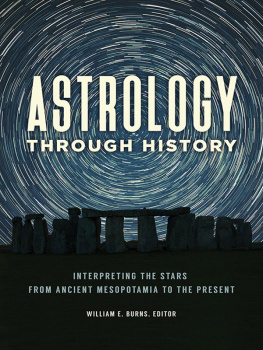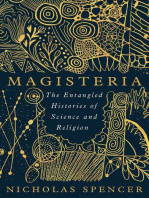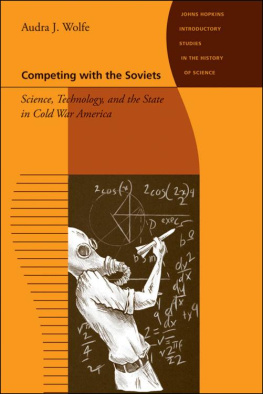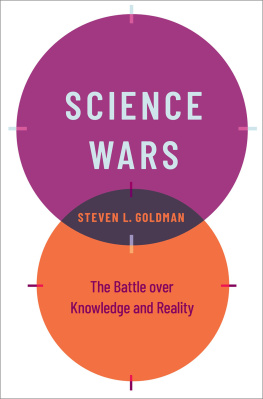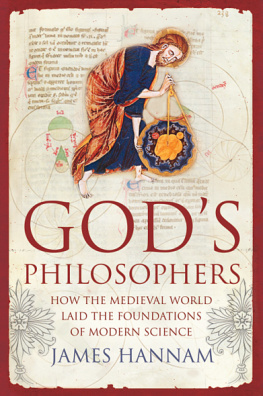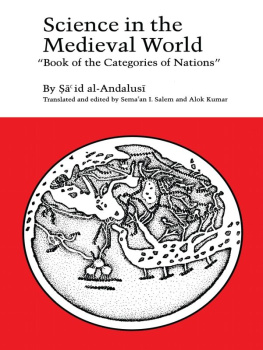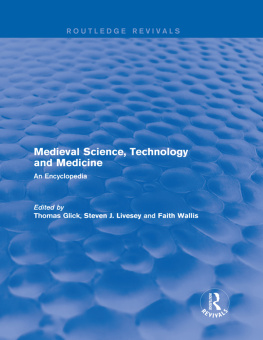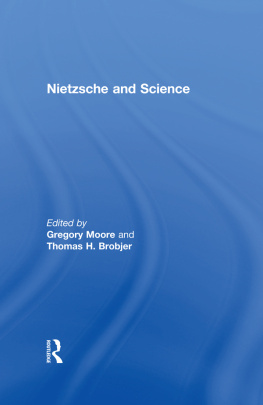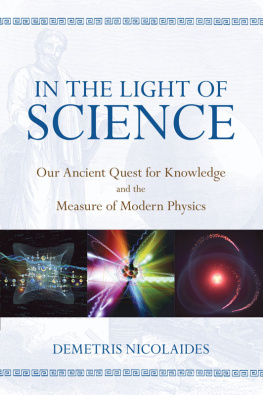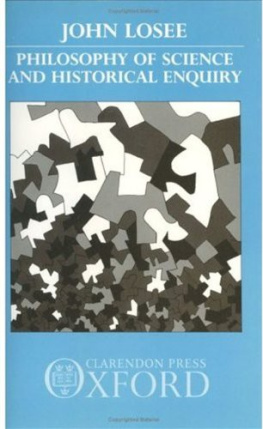
Knowledge and Power
Knowledge and Power presents and explores science not as something specifically for scientists, but as an integral part of human civilization, and traces the development of science through different historical settings from the Middle Ages through to the Cold War.
Five case studies are examined within this book: the creation of modern science by Muslims, Christians, and Jews in the medieval Mediterranean; the global science of the Jesuit order in the early modern world; the relationship between modernization and westernization in Russia and Japan from the late seventeenth to the mid-nineteenth century; the role of science in the European colonization of Africa; and the rivalry in big science between the United States and the Soviet Union during the Cold War. Each chapter includes original documents to further the readers understanding, and this second edition has been enhanced with a selection of new images and a new chapter on Big Science and the Superpowers during the Cold War.
Since the Middle Ages, people have been working in many civilizations and cultures to advance knowledge of, and power over, the natural world. Through a combination of narrative and primary sources, Knowledge and Power provides students with an understanding of how different cultures throughout time and across the globe approached science. It is ideal for students of world history and the history of science.
William E. Burns teaches history at The George Washington University in Washington, DC. His previous books include The Scientific Revolution (2001), An Age of Wonders: Prodigies, Politics and Providence in England, 16571727 (2002), Science in the Enlightenment (2003), Science and Technology in Colonial America (2005), and The Scientific Revolution in Global Perspective (2015).
Knowledge and Power
Science in World History
Second Edition
William E. Burns
Second edition published 2019
by Routledge
711 Third Avenue, New York, NY 10017
and by Routledge
2 Park Square, Milton Park, Abingdon, Oxon, OX14 4RN
Routledge is an imprint of the Taylor & Francis Group, an informa business
2019 William E. Burns
The right of William E. Burns to be identified as author of this work has been asserted by him in accordance with sections 77 and 78 of the Copyright, Designs and Patents Act 1988.
All rights reserved. No part of this book may be reprinted or reproduced or utilised in any form or by any electronic, mechanical, or other means, now known or hereafter invented, including photocopying and recording, or in any information storage or retrieval system, without permission in writing from the publishers.
Trademark notice: Product or corporate names may be trademarks or registered trademarks, and are used only for identification and explanation without intent to infringe.
First edition published by Pearson Education, Inc. 2011
Published by Routledge 2016
British Library Cataloguing-in-Publication Data
A catalogue record for this book is available from the British Library
Library of Congress Cataloging-in-Publication Data
Names: Burns, William E., 1959 author.
Title: Knowledge and power : science in world history / William E. Burns.
Other titles: Science in world history
Description: Second edition. | Abingdon, Oxon ; New York, NY : Routledge, 2018. | Includes bibliographical references and index.
Identifiers: LCCN 2018011310 |
Subjects: LCSH: ScienceHistory. | ScienceCross-cultural studies.
Classification: LCC Q125 .B949 2018 | DDC 509dc23
LC record available at https://lccn.loc.gov/2018011310
ISBN: 978-1-138-63765-8 (hbk)
ISBN: 978-1-138-63766-5 (pbk)
ISBN: 978-1-315-20329-4 (ebk)
Typeset in Sabon
by Apex CoVantage, LLC
Dedicated, once again, to Evelyn
On September 1, 1644, an eclipse of the Sun was visible in Beijing, the capital of China. It was a time of great uncertainty, given the fall of the Ming dynasty and its replacement by the Qing, the dynasty that had recently accomplished the Great Enterprise of conquering the Empire. The Qing, who would rule China into the twentieth century, were originally the leaders of a people known as Manchus, from Chinas northeast, whom most Chinese would have perceived as barbarians. Like other Chinese departments of the Chinese government, the Bureau of Astronomy, whose job it was to predict the time, extent, and duration of the eclipse, had to prove itself to its new masters. Predicting the precise time and duration was a difficult challenge requiring extremely complex and demanding calculations.
The board had two branches calculating the eclipse, the traditional Chinese branch and another branch that used methods developed in the Islamic world. But there was a third entity making calculations, more foreigners, these from lands far to the west of China. The mysterious Black Robes, Jesuit missionaries from Europe, claimed both to know the only true religion and to possess superior methods of astronomical calculation. In their minds the stakes were even higher, as they hoped that accurate calculations would incline the new rulers minds favorably to their religion. Their leader, Johann Adam Schall von Bell, known to the Chinese as Tang Ruowang, submitted a petition to the Manchu regent, Dorgon, accompanied by predictions of the eclipse. He asked that the Bureau test the accuracy of the Jesuits predictions along with their own, a request Dorgon granted.
The great day arrived. The grand secretary, along with Schall von Bell, and officials from the Bureau of Astronomy made their way to the observatory. The Jesuit calculations proved the most accurate, and Schall von Bell won what had always eluded the Jesuits in China, an appointment in the Chinese bureaucracy. He was the new head of the Bureau of Astronomy, a position Jesuits would hold with one interruption until 1774.
That day in 1644 saw the coming together of three major scientific traditions, the Chinese, Islamic, and Western. It is one of the many encounters and conflicts out of which the modern world of science has been created.
Twenty-first century science is the product of millennia of human attempts in many cultures to understand the world that surrounds them and the bodies in which they live. This book explores several episodes in the history of science across the world.
What Is Science?
The title of this book comes from a famous statement of the English Renaissance philosopher Francis Bacon (15611626), Knowledge is Power. It is particularly appropriate for a study of science, for in few human activities are knowledge and power so intimately intertwined. Science has been both an attempt to understand the world and an attempt to master it.
The simplest definition of science, which is derived from scientia, a Latin word meaning knowledge, is that it is the study of nature. But that definition immediately raises a host of questions. What is nature? Are all kinds of study of it science, or does science coexist with other approaches? What is the relationship of scientific claims of knowledge to other claims, such as those of religion or of everyday experience? And how does scientific knowledge relate to technology and other ways of not merely understanding nature, but using it to achieve human goals? Much science has been done with the eventual hope of practical use, not merely the acquisition of knowledge for its own sake. Every human society makes use of nature, but are all of these uses science?


